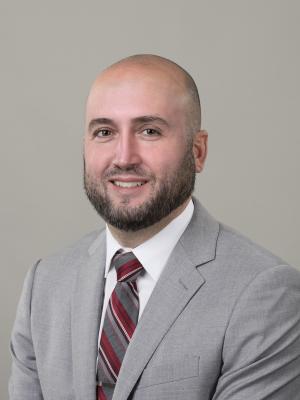We’re Stronger Together
With your help, we can advance education and improve student success in our community.


Associate Chair, Radiation Technology, Radiation Technology
Program Director, SAHP-Radiation Sciences (Entry-level), BS , Radiation Technology, Medical Radiology
Associate Professor, Radiation Technology
With your help, we can advance education and improve student success in our community.